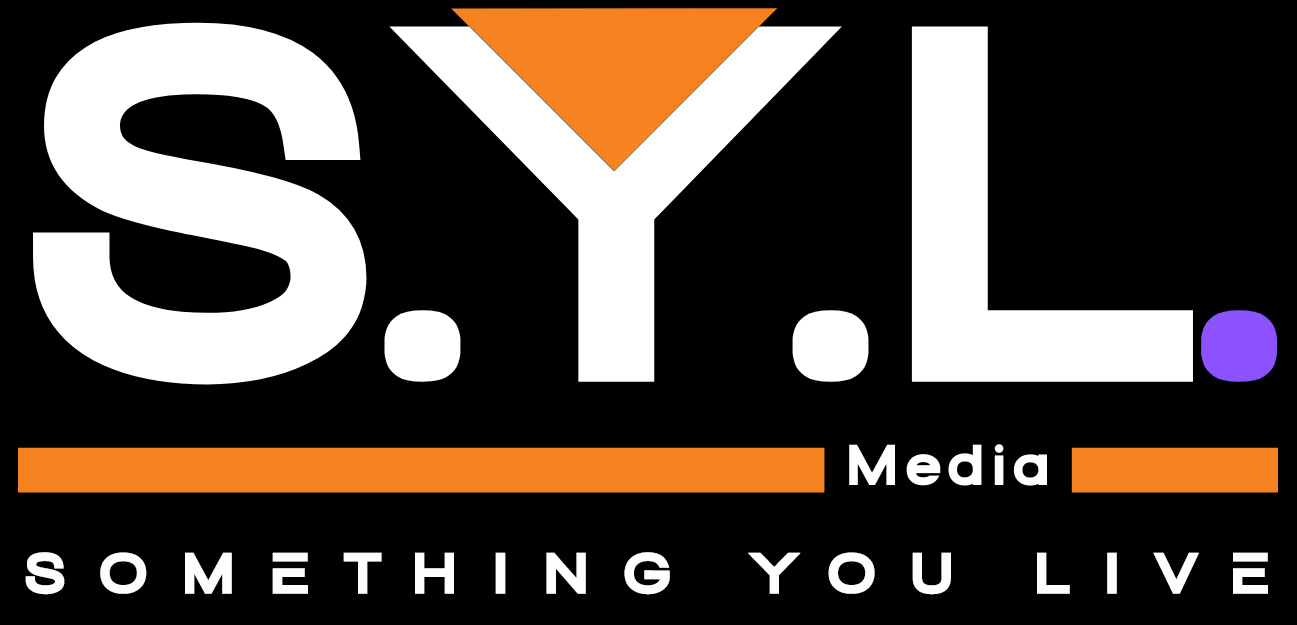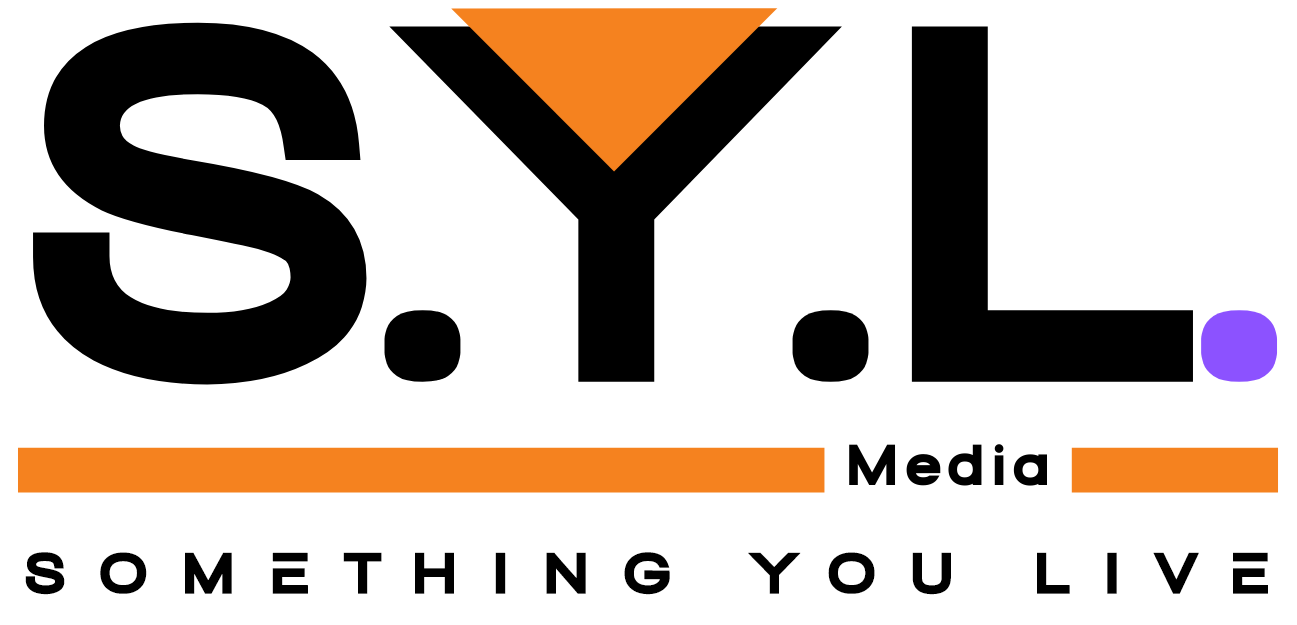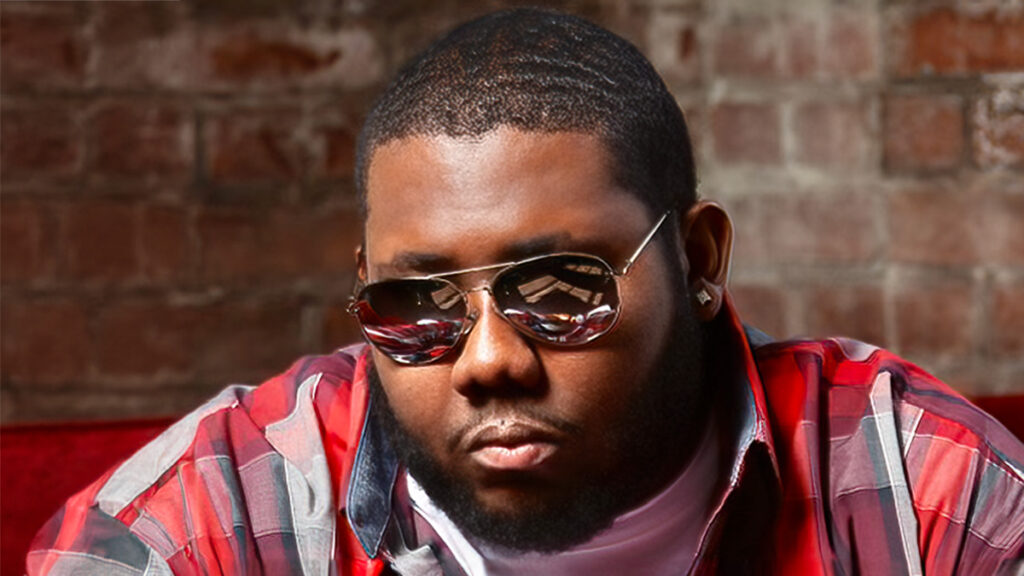Codebluu has emerged as a dynamic force in the hip-hop scene, showcasing a blend of raw talent and innovative production skills. With a magnetic presence and a penchant for pushing creative boundaries, he is poised to make waves with his distinct musical style.
Can you tell us about your journey into the world of hip-hop? What inspired you to pursue a music career?
Well, I’ve always been fond of music. My parents had one of those giant sound systems from back in the day that had those giant speakers that could rock the house. I used to try to play with the faders because they lit up, not knowing I was messing up my dad’s EQ settings. My family was really into gangsta rap, so my first taste of hip hop was from Dr. Dre, Snoop, and they sprinkled in a little Scarface from time to time.
I think what inspired me to pursue music early on was the response I got the first time I rapped in public. The shock and awe were exhilarating. It makes people pay attention to you. As time passed and I learned what really went into making records, I fell in love with the creation process: the writing, producing, engineering, and the art of it all. You are creating emotional connections with people that, if executed correctly, can transcend time.
How would you describe your unique style or sound in the hip-hop scene?
I have a deep and heavy voice, so my tone can carry a lot of my rhymes to places that others may not be able to reach, but I’m also witty, so there is a clever twist to it as well. I think the best way to describe my sound is really a mix of some of the best because I am inspired by what came before. So, I can tell a story like Kane, Rakim, and B.I.G., tap into emotions like Scarface, and talk some fly shit like Ross, Ghostface, and Raekwon.
On the production tip, I’m an old soul man. Deep bass lines, hard drums, smooth samples, and melodies.
What themes or messages do you try to convey through your music? Are there specific issues or topics that resonate with you?
I’m all about the connections. Real emotional connections. I want you to relate to what I’m saying, no matter the topic. I allow the track to take me down the path to what the song is going to be about. It’s almost like some divine connection that sends the ideas to me based on the track. A muse, if you will. I’m not a person that writes music all day. I don’t have notebooks full of thoughts or raps. It’s all based on feeling, and it’s always in the moment. So, if the track is on some ratchet shit, that’s where I’ll go, but if it’s inspirational and I need to be the light, I’ll do that too.
Who are your biggest musical influences? How have they shaped your approach to creating music?
My favorite rapper has always been Snoop Dogg. I grew up on the Doggy-Style album. I think that’s where my laid-back demeanor came from. “Gin and Juice” had me in a chokehold as a kid. We made remixes and all that. As I grew up and found more music, I started to notice the things that drew me to those songs in the first place. I’m a sucker for a dope ass bassline, and that goes back to Dre and Scarface. Just listen to Scarface’s album “The Diary,” and you’ll understand. A dope emcee will ride that bassline like a ‘64 Impala. Give me a dope ass bassline and watch me cook. I’ll make you a fan.
How do you view the current landscape of hip-hop? Are there any trends or developments that excite you or that you find challenging?
The instant gratification that the internet offers has been both a gift and a curse. The good part about it is that you can drop new music any and everywhere at a moment’s notice. The bad part of it is that people’s attention spans are worse than a toddler’s because there is so much coming at you all day that you can’t focus on much for long. So, you can miss out on some good things if you don’t know where to look.
Can you walk us through your creative process? How do you typically come up with ideas for songs?
As I mentioned earlier, most of my ideas come from the feelings the music evokes. I can sit and try to force an idea, but I feel it doesn’t come out as well. I do like to listen to old records for inspiration. I call them conversations with the greats. There’s something about those classic recordings and techniques that sparks my mind. So, if I’m producing the record, I like to understand what direction the artists want to go and ask a few questions about who their favorite artist is and things like that. This helps me narrow down a feeling that will work for their ideas. A lot of us make music because of someone or something else that caught our attention, and then we chase that sound ourselves. There are only so many keys on a piano. People think they are doing something that’s never been done, but it’s not as easy as it sounds.
What has been the most memorable moment of your career so far? Any standout performances or experiences that have shaped you as an artist?
I think right now it must be some of the success I’ve landed on the sync side of the business. I recently started officially producing when I bought my MPC 61 Key in 2022. I just focused on learning the basics, like chord structures, keys, and tempos, and studied all genres, not just hip-hop. I found a few guys on YouTube, like XJ Will and Clint University, who broke down the game in a way that made sense. I took all of that information and applied it to what I had been doing as a rapper, and started experimenting. Once I had a few tracks under my belt, I started contacting companies. I was rejected more times than I could count at first, but during the first half of 2023, I landed my first placement! I currently have placements with several companies, ranging from rock music, and movie trailers, to 70s-themed adult films.
How do you handle criticism or feedback on your music? Has there been any feedback that has significantly impacted your work?
I welcome it. I live by the motto, “Steel sharpens steel.”. You can’t get better if you’re not around people who can teach you something. That was one of the hardest parts of starting in sync licensing because those companies don’t stop to tell you why they didn’t pick your record. It’s just a no or no reply. They don’t give you feedback in any way. So, to be accepted is a major accomplishment, and being able to reproduce those results is a testament to your level of execution.
In what ways do you see yourself evolving as an artist in the future? Are there new directions or collaborations you hope to explore?
I just want to continually evolve and improve my craft. I’m learning more and more every day. I don’t want to be boxed into one genre. I want to connect with people from all walks of life. It doesn’t matter if I wrote the song, produced the song, recorded the song, mixed the song, or even released the song on my label (HartBoyz Musik Group/Empire), I just want to be a part of some of the biggest records in history one day. I’m working toward giving the world the next “Thriller.”
Finally, what advice would you give to aspiring hip-hop artists looking to break into the industry?
Rome wasn’t built in a day! Take time to develop yourself to the point where you can deliver on the spot. I’m not talking about radio or internet “freestyles” either. To be a recording artist is a skill in itself. You must learn to deliver that performance to capture the hearts and minds of your listeners. That recording is your place in history. It’s the best representation of your song. If civilization started over today and all they had were your last recordings, would that be a legacy of which you’d be proud?



